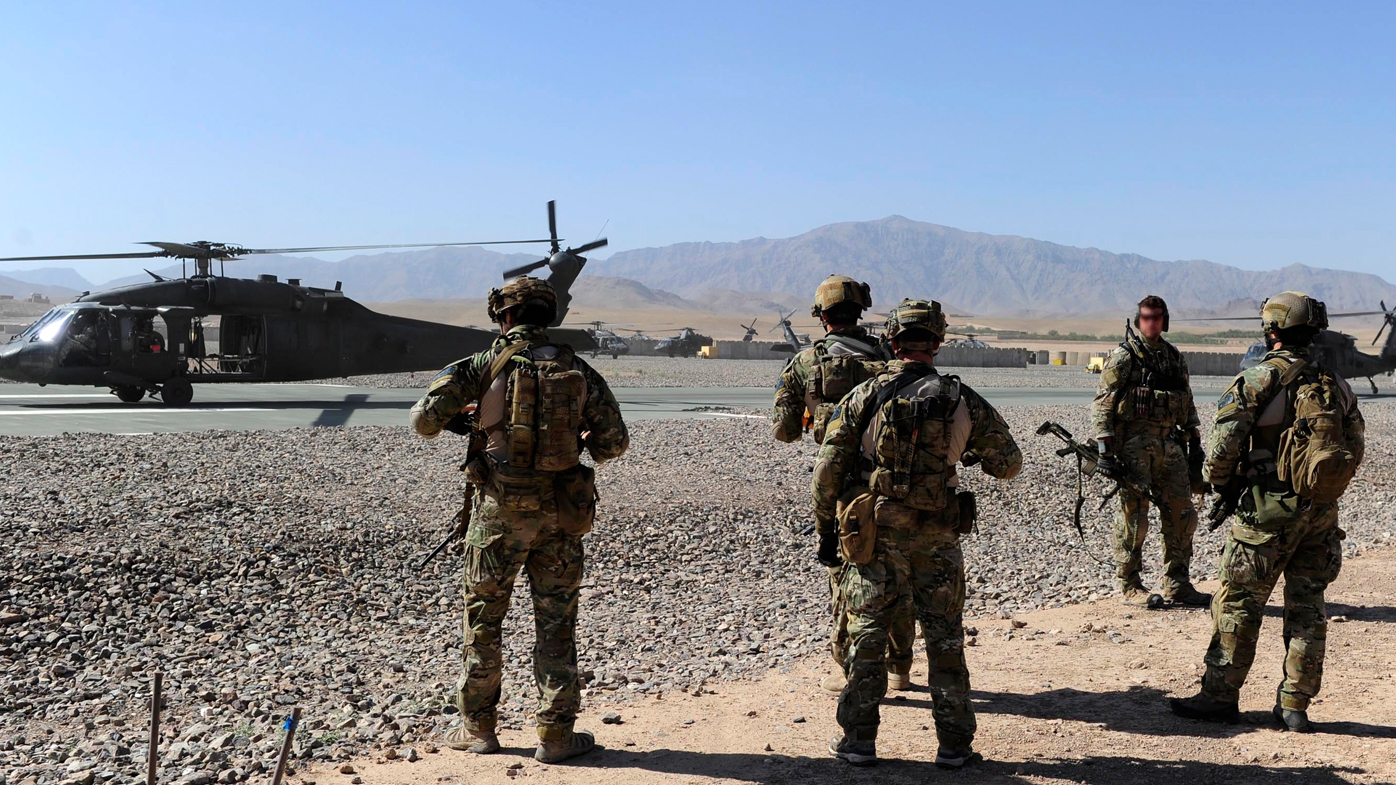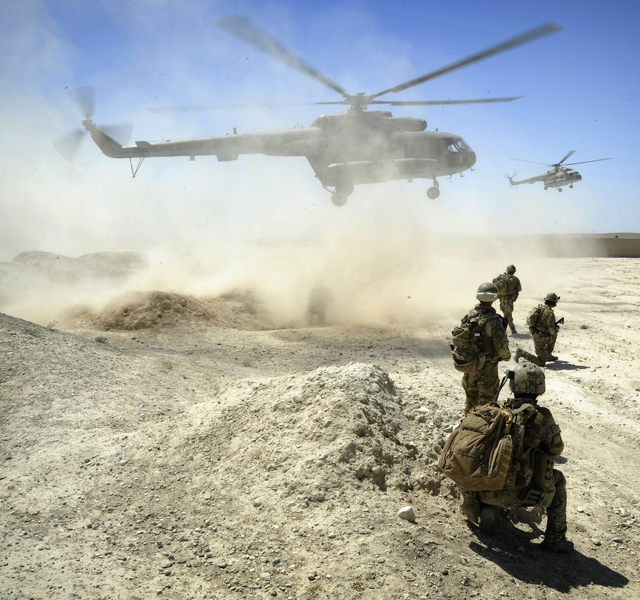Problem gambling among Australian military veterans is shrouded in silence, a new study has found, with researchers now hoping to expose the quiet but deadly risk servicemen and women can face as they exit the Australian Defence Force.
ADF vets are almost twice as likely than civilians to fall into problem gambling, the research found, with more than 13 per cent of veterans engaged in some kind of problematic gambling habit within five years of quitting the military.
Just 2.1 per cent of vets, who may also be struggling with post-traumatic stress disorder and alcohol and drug use, will seek help for their gambling, the study said.
READ MORE: The state putting $71,500 an hour through pokies
Dr Olivia Metcalf, a co-author of the study, warned that "destructive (and) harmful" problem gambling can quickly become a matter of life and death for vets.
"Gamblers are at risk of high levels of suicide, because of the devastating financial consequences of untreated problem gambling, and the same thing with homelessness," she told 9news.com.au.
"We know that veteran populations are vulnerable to the development of mental health disorders, that's not new, we've seen that.
"But gambling (by veterans) is really under-studied."
Despite being aware of the many challenges veterans face, Metcalf said researchers were nonetheless "surprised" by the high rate of problem gambling they uncovered.
PTSD, trauma, anxiety and depression were common in ex-ADF personnel struggling with gambling, the study found, as was being unemployed or on a disability support pension.
READ MORE: Study pinpoints two periods where Australia's meth 'epidemic' took hold
Those who served in the army and navy were more likely to have problematic gambling habits than ex-airforce, according to the research.
The study, published today in PLOS ONE, surveyed 3511 men and women in 2015 who had left the military in the past five years.
Metcalf said the "upheaval" and "massive stress" many servicemen and women experienced on transitioning out of the forces and into the alien world of civillian life left them especially at-risk.
"When you leave the military, you're leaving behind your social connections, your identity, your profession, an entire sort of cultural way of life," she said.
Are you affected? Contact me in confidence: msaunokonoko@nine.com.au
Vets may also be suffering from physical injuries or mental illnesses, she added, all ingredients in a "perfect storm" that can isolate and kill.
"If they've left the military and they're paid out their leave or entitlements they might also have a large amount of money," Metcalf said.
"So they've got a lot of time and they don't have the structure or routine anymore."
READ MORE: Australian Army Corporal battled PTSD before death, inquest told
READ MORE: How Diggers saved innocents from Rwanda massacre 25 years ago
For some vets, Metcalf said, the gambling can be a form of "escapism" and "getting away from the stresses of life".
Previous research has shown how some people with gambling habits often have disrupted arousal levels, Metcalf said.
"Sitting at the pokies can be a repetitive way of bringing down that physiological stress," she said.
"And then that can then lead to the development of more mental health issues.
"It can be a really vicious cycle."
Veterans faced "real barriers" seeking help because of stigma associated with mental health problems, the study said.
An earlier Australian study found 28 per cent of veterans in treatment for PTSD reported behaviours representing probable problem gambling.
According to latest figures from Australian Institute of Health and Welfare, 1273 ADF veterans and serving personnel died by suicide in the past two decades.
Navy veterans are most at risk from suicide, with 33 per 100,000 taking their own lives, compared to 31 for army vets and 21.7 ex-air force personnel.
Last year then-Prime Minister Scott Morrison announced a long-awaited Royal Commission into Defence and Veteran Suicide, with hearings now underway.
READ MORE: Grieving mum speaks of culture of bullying inside ADF
If you need help call the National Gambling Helpline on 1800 858 858.
Help is also available for ADF personnel, past and present, and their families at Open Arms – Veterans & Families Counselling on 1800 011 046.



